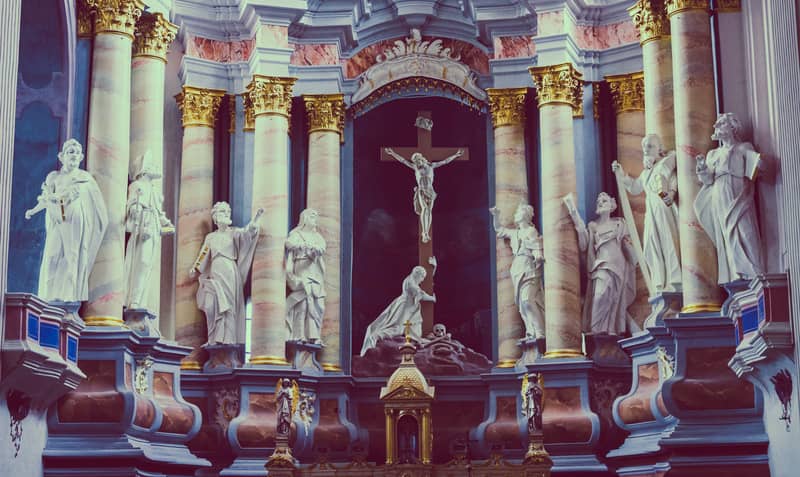The bishops, holding their annual fall meeting here this week, said the court's decision to throw out a ban on so-called partial birth abortions means ``even the killing of a child mostly born alive is protected,'' which ``has brought our legal system to the brink of endorsing infanticide.''
During discussion of the abortion statement, Archbishop Elden Curtiss of Omaha, Neb., cited the presidential election as evidence of the need for bishops to do a better job educating their flocks.
``The last election, yet undecided, indicates a majority of Catholic people still do not make abortion the priority,'' he said, an apparent reference to the many Catholics who voted for Vice President Al Gore, an opponent of a ban on late-term abortions. Texas Gov. George W. Bush supported banning the procedure.
Gore and Bush appeared to split the Catholic vote.
The 38-page decree on crime, written by a committee led by Cardinal Roger Mahony of Los Angeles, reaffirmed the hierarchy's opposition to the death penalty and proposed numerous penal reforms.
Mahony said the committee drew upon input from lay Catholics, including prosecutors, defense attorneys and victims' advocates. The bishops have used this collaborative process with previous major social pronouncements.
The statement said punishment should be used only to protect society and rehabilitate criminals rather than expressing vengeance. ``Punishment for its own sake is not a Christian response to crime,'' it said.
The bishops advocated better prison conditions and said even hardened criminals deserve ``the minimal requirements of human dignity.''
The hierarchy also opposed mandatory sentencing and treatment of young offenders as adults, urged ``sensible regulation of handguns,'' and asked for broader use of parole and probation for non-violent criminals.
``I don't know of a greater problem we have in America today than the needs of those who are incarcerated,'' said Archbishop Patrick Flores of San Antonio, Texas, during a discussion.
But Edward Braxton, auxiliary bishop of St. Louis, cautioned, ``I suspect we will not find as receptive an audience in the church as we might hope for.'' He said many parishioners have a ``very strong feeling of vengeance'' toward criminals.
Though the bishops have denounced liberal abortion law numerous times, Wednesday's statement responded directly to the Supreme Court's June decision in the Stenberg case from Nebraska.
Curtiss said the court overruled his state's legislature and citizenry, issuing such broad wording that no other such law would pass scrutiny either.
The bishops said the nation's legal system, and hence its culture, is under pressure ``to declare that human life has no inherent worth, that the value of human life can be assigned by the powerful and that the projection of the vulnerable is subject to the arbitrary choice of others.''
Concern for the ``sanctity of life'' also undergirds the bishops' increasingly strong opposition to the death penalty, a stand with which many parishioners disagree.
On immigration, the bishops noted that theirs has been an immigrant church for more than a century and asked parishes to do more to make newcomers feel welcome.
The bishops said they do not condone illegal actions, but said the rights of undocumented aliens must be protected. They criticized 1996 immigration laws passed by Congress, saying they undermined basic human rights.
The bishops were expected to decide Thursday on a resolution that would call on the incoming administration and Congress to reconsider these policies.

